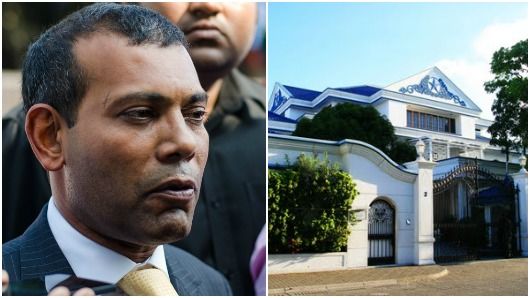High Court rejects state’s appeal of Nasheed’s conviction
Following a preliminary hearing held yesterday to decide whether to proceed with the appeal, the three-judge panel ruled unanimously that it could not accept the case because it was not filed by Nasheed.

10 Sep 2015, 09:00
The High Court tonight rejected the prosecutor general’s (PG) appeal of former President Mohamed Nasheed’s conviction on terrorism charges.
Following a preliminary hearing held yesterday to decide whether to proceed with the appeal, the three-judge panel ruled unanimously that it could not accept the case because it was not filed by Nasheed.
The court said the PG’s appeal does not fit the circumstances specified in article 43 of the Judicature Act in which decisions of lower courts can be appealed.
Verdicts can be appealed based on procedural violations and if reasons exist to believe either that it was inconsistent with the law or if errors were made in interpreting or applying the law, the court noted.
Become a member
Get full access to our archive and personalise your experience.
Already a member?
Discussion
No comments yet. Be the first to share your thoughts!
No comments yet. Be the first to join the conversation!
Join the Conversation
Sign in to share your thoughts under an alias and take part in the discussion. Independent journalism thrives on open, respectful debate — your voice matters.




